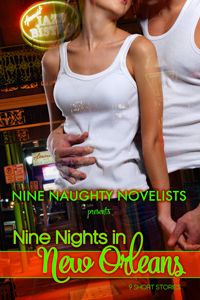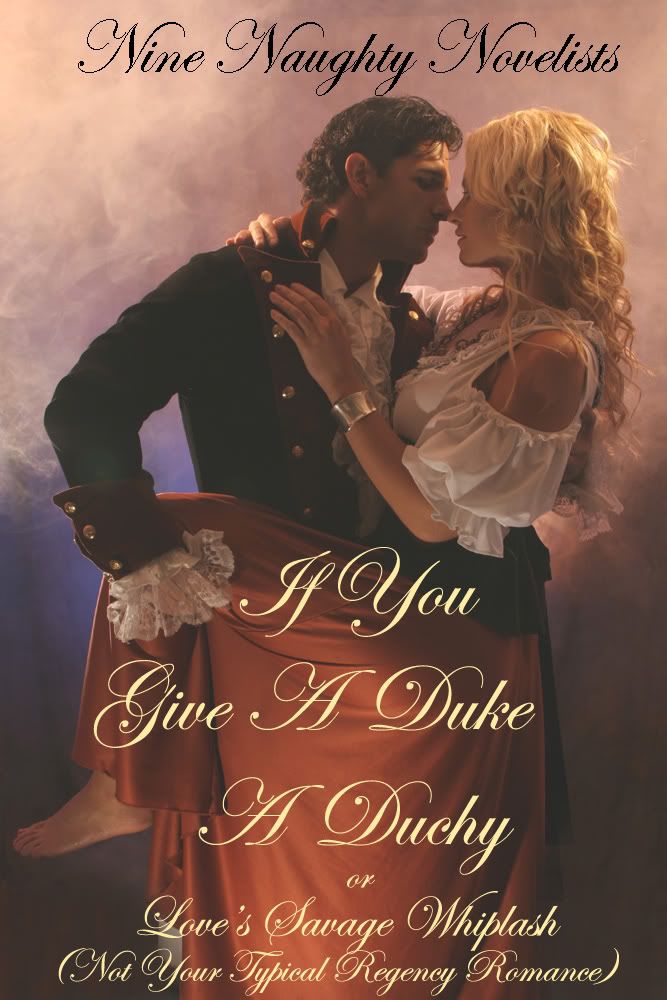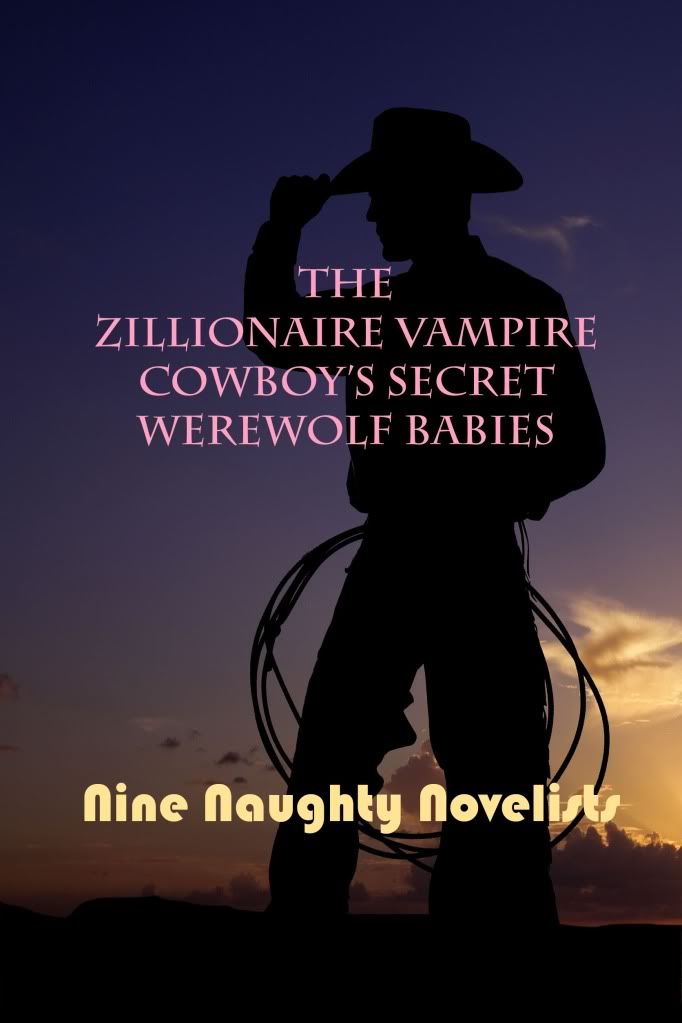
I don’t write book reviews. As an author, I’m uncomfortable publicly reviewing other authors’ work. But I read a lot of book reviews, and sometimes (depending on the genre and the reviewer), a book review will influence whether I decide to read a book or not.
Romance reviews, and romance review sites, usually come in one of two flavors – sweet or snarky. To name just a few: Romantic Times, Coffee Time Romance, and Bitten By Books are sweet – and by sweet, I don’t necessarily mean that they never give negative reviews, just that their reviews aren’t snarky, sarcastic, or unkind. Smart Bitches Trashy Books, Dear Author, and Mrs. Giggles lean to snark.
I’ve been thinking about the issue lately because a book review panel at RomCon, held in Denver at the beginning of July, generated a lot of talk. You can read Smart Bitch Sarah’s impressions of the panel, and the opinions of the SBTB community, here. (Note: SBTB comment threads, where I hang out a lot, can get very snarky. And funny as hell.)
A lot of authors, and a lot of readers, are uncomfortable with snark. Personally, I love snarky book reviews as long as they’re genuinely funny and stick to the actual story. Other than that, I see no reason why a reviewer shouldn’t write a review in any manner in which s/he sees fit.
Some people in the romance community – both authors and readers – feel that reviewers have an obligation to be considerate of an author’s feelings. As someone at RomCon put it, reviewers should remember that a book is the author’s “baby.” Someone else suggested that every review should include at least one positive comment about a book, because writing a book is hard work, and the author’s efforts should be appreciated.
I couldn’t disagree more. Not about the fact that authors work hard to write their books, of course – most do. (Come on, we all can think of authors who don’t seem to put much effort into their stories, and other authors who seem to write the same damn story over and over, changing only the names and physical descriptions of the characters). But here’s the thing – authors work hard to write their books because that’s their job. An author’s book isn’t a baby – it’s a product, and the author is asking people to spend money on it. People whose hobby or job is to review that product have a right to give their honest opinion about it, and people contemplating purchasing that product have a right to expect honesty in those reviews.
Sometimes a review is badly written. Sometimes a reviewer seems to be reviewing an entirely different book – maybe the book they thought the author should’ve written, instead of the one that was actually published. I’ve actually seen a negative review of a novella based solely on the fact that the book was too…short. Sometimes a reviewer has an axe to grind with the author. This happens a lot when Famous Author A reviews Famous Author B. These reviews are fun to read. I tend not to feel too badly for Famous Authors when they get bad reviews. They’re famous, they’re rich, boo frickety hoo. (That was snarky, wasn’t it?)
Sometimes the reviewer is a failed or frustrated author himself, and the review just seems to ooze with jealousy and bitterness. Sometimes the reviewer is a pretentious twit more intent on demonstrating her own supposed wit and learning than actually discussing the book. This phenomenon is usually found in the New York Times, the Times (of London) Literary Supplement or the Guardian, so it’s not really relevant to romance reviews.
And ultimately, of course, all taste is subjective. No matter how many books Famous Author A sells, or how many Bookers or Pulitzers or Nobel Prizes he’s won, there will be people who think he sucks, just as there are people who don’t like Citizen Kane and others who think Hudson Hawke wasn’t that bad.
None of that matters. A reviewer has an obligation to the people reading her review, but she has none at all to the author. When an author writes a book, she does so – or should do so – in the full knowledge that if it sees the light of publication, anyone who wants to write about it or talk about it or tweet about it is free to do so. It’s very, very scary, and it’s part of the job.
I can understand an author’s dismay when she gets an unfair, ill informed, or dumbass review (several of the NNN’s have suffered this recently). But, again, it’s part of the job. Writing isn’t for sissies. Besides – and I don’t think this is a controversial idea – there are some genuinely awful romance novels out there. There are genuinely awful books in every genre out there, and there always have been. No one expects a reviewer to include at least one positive comment about a mystery if they don’t like it, and no one expects a reviewer to give a spy thriller an A for effort.
I don’t think the “above all, be nice” attitude does the romance genre any favors. Romance already suffers from numerous false stereotypes. Way too many people don’t think romance authors are “real” writers. Suggesting that reviewers should always be considerate of the romance author’s feelings just reinforces that stereotype.
I feel the same way about romance blogs, where the discussions can get heated and the comments downright mean. It’s not pleasant, and I tend to avoid the really nasty threads, but such is life on the Internet. Romance readers are vehement about the books they like and the books they hate, and they have a right to express their opinions however they want.
That’s why I was appalled when Romance Writers of America refused to renew Jane Litte's membership. Jane can be extremely caustic, as anyone who’s followed her #RomFail on Twitter can attest. But RWA’s excommunication looked prissy and petty, and it reinforced the author-as-diva stereotype of romance writers. I was even more appalled at the readers who approved of RWA’s action. Whether you like Jane’s style or not, she’s a passionate and articulate defender and promoter of the romance genre. She gives a lot of valuable exposure to authors, and the Dear Author commenters buy a lot of books. Kicking her out because sometimes she’s “mean” is absurd.
One of the commenters on the SBTB thread quoted above said, “I can’t believe that in 2010 women are still trying to shame and manipulate each other with “nice”. It holds back the genre, and frankly it holds us back as people. Instead of “nice” let’s try “honest” for a while and see where that gets us.”
I think it's a good idea. What do you think?


















6 comments:
Great post, Kinsey! Here's some of my thoughts on the subject:
#1. Writing is hard work, getting a book published is even harder, but that does not entitle authors to good reviews. That would be like saying everyone who competes in a race deserves to win. It's just not how life works.
#2. Books are not like babies. They're more like foreign exchange students. You take them into your life for awhile, you work like hell to figure out what they're saying, and then you let them go. But you usually develop fond feelings for them and it's gonna hurt to see them dissed in public.
#3. "Above all, be nice" is stupid. However, this is a very small community and I don't think it's asking too much to expect professionals in the romance industry to behave like adults and to be considerate of each others' feelings. That's not being manipulative, it's simply good business.
#4. Given how much "flaming" goes on across the internet, the relative lack of it in the Romance industry is refreshing and that's definitely a standard I want upheld wherever possible. Yes, everyone has a right to express their opinion, but mobs are ugly everywhere--even online--and I try my best to avoid them at all times.
#5. I'll admit to laughing at snarky reviews. But I've cringed at them, too. There's a fine line between snarky and mean-spirited and it's easy to cross it.
#6. I've bought more than one of the books that's been eviscerated on #romfail. The reason is simple. Those authors wrote books that had me LMAO--even if I was only reading about them. I figured they deserved my money for that.
#7. Nothing (and I mean NOTHING!) RWA does surprises me anymore.
Reviews are tricky things...I will admit my biggest pet peeve at the moment is that I've only gotten one for my most recent book.
No one seems to be interested in giving it a review...either good or bad! Because I do believe to some extent people buy books based on reviews. Even a poor review gets your name out there.
When I look at reviews posted on my loops, it seems the same books are getting reviewed over and over again...it's frustrating. I don't need a million reviews, but two or three for publicity purposes would be nice.
Sorry, that was stretching to stay on topic...
Debra, I totally agree. That's my biggest frustration right now too. :(
Reviews. We want them. We need them. We love them and hate them. I'll admit to getting a little depressed about some of the reviews I've had, but I have to say the good ones make me feel really good! But I think most of us agree that an honest review is better than a "nice" review.
I will echo PG's #5 comment - Yes, I've laughed at some of those snarky reviews, but there've times I've had to close my eyes against a wave of empathy, thinking, "That could so easily be me", just knowing how that author was feeling.I don't think intentional nastiness is ever necessary, and have read some that read that way.
I aspire to a snarky review from the Times Literary Supplement. Right after they decide romance is a legitimate genre (perhaps in another century or so).
Meg - me too! The TLS would thrill me more than the NYT.
PG - I'm sure I've read that authors who got #Romfailed saw a spike in their sales.
I agree that while snark is funny, reviewers should stay professional. That's why Mrs. Giggles, Dear Author and SBTB don't offend me - even when they're snarky, they're snarking the BOOK - not the author. Now, the Dear Author community - the commenters - can get personal and mean as hell, but the Dear Author reviewers don't. As mean as Mrs. Giggles gets, it's all about the book.
Post a Comment